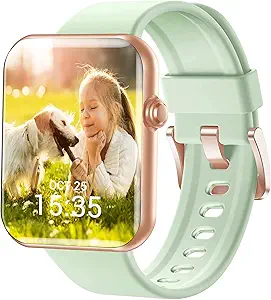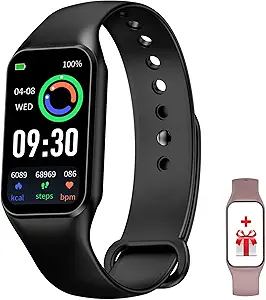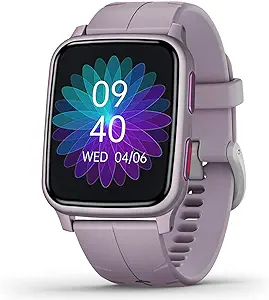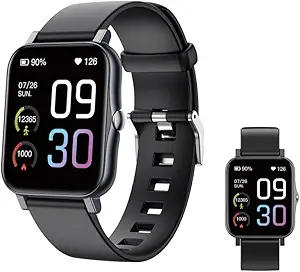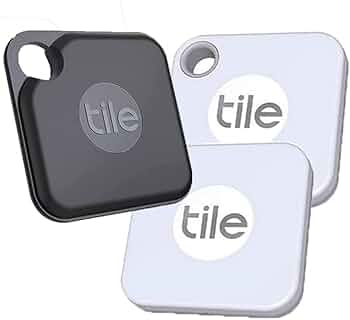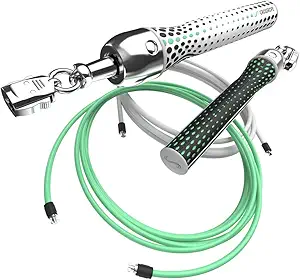The Ultimate Buying Guide for Fitness Trackers: Top Brands, Features, and Prices
Overview
Fitness trackers have become increasingly popular in recent years, as more people have become interested in monitoring their health and fitness. These wearable devices can track various metrics, such as steps taken, calories burned, heart rate, and sleep quality. With so many options available, choosing the right fitness tracker can be overwhelming. This buying guide will help you navigate the market and find the best fitness tracker for your needs.
Types
There are several types of fitness trackers available on the market. Here are some of the most common types:
1. Fitness Bands: These are the most basic type of fitness tracker and are typically worn on the wrist. They track metrics such as steps taken, calories burned, and distance traveled.
2. Smartwatches: These are more advanced than fitness bands and often come with additional features such as GPS tracking, music playback, and smartphone notifications.
3. Clip-On Trackers: These are small devices that can be clipped onto clothing or worn as a pendant. They track metrics such as steps taken and calories burned.
4. GPS Watches: These are designed for runners and other athletes who want to track their distance and pace. They also often come with features such as heart rate monitoring and route mapping.
Key Considerations
When choosing a fitness tracker, there are several key considerations to keep in mind. Here are some factors to consider:
1. Compatibility: Make sure the fitness tracker is compatible with your smartphone or other devices.
2. Battery Life: Consider how long the battery lasts and whether it needs to be charged daily or weekly.
3. Water Resistance: If you plan to wear your fitness tracker while swimming or in the shower, make sure it is water-resistant.
4. Display: Consider whether you want a fitness tracker with a touchscreen display or a more basic display.
Features
Here are some of the most common features to look for in a fitness tracker:
1. Step Tracking: Tracks the number of steps taken throughout the day.
2. Heart Rate Monitoring: Measures your heart rate during exercise and at rest.
3. Sleep Tracking: Monitors the quality of your sleep and how long you sleep each night.
4. GPS Tracking: Tracks your location and distance traveled during exercise.
5. Calorie Tracking: Estimates the number of calories burned throughout the day.
Prices
Fitness trackers can range in price from less than $50 to several hundred dollars. Basic fitness bands can be found for as little as $20, while high-end smartwatches can cost upwards of $500. Consider your budget and the features you need when choosing a fitness tracker.
Tips
Here are some tips to help you choose the best fitness tracker for your needs:
1. Consider your fitness goals and the activities you enjoy when choosing a fitness tracker.
2. Read reviews and compare features before making a purchase.
3. Look for a fitness tracker with a long battery life if you don't want to charge it frequently.
4. Consider the design and style of the fitness tracker, as you'll be wearing it every day.
FAQs
Q: Do fitness trackers work without a smartphone?
A: Some fitness trackers can work without a smartphone, but many require a smartphone to sync data.
Q: Can fitness trackers track swimming?
A: Some fitness trackers are water-resistant and can track swimming, but not all of them.
Q: How accurate are fitness trackers?
A: The accuracy of fitness trackers can vary, but most are reasonably accurate for tracking basic metrics like steps taken and calories burned.
Q: Can fitness trackers track multiple activities?
A: Many fitness trackers can track multiple activities, such as running, cycling, and swimming.
Q: Are fitness trackers worth the investment?
A: Whether a fitness tracker is worth the investment depends on your fitness goals and how much you'll use it. If you're serious about tracking your fitness progress, a fitness tracker can be a valuable tool.
Conclusion:
Choosing the right fitness tracker can be overwhelming, but by considering your needs, budget, and the features that matter most to you, you can find the perfect device to help you achieve your fitness goals. Use this buying guide as a starting point to explore the top brands, features, and prices in the market.





